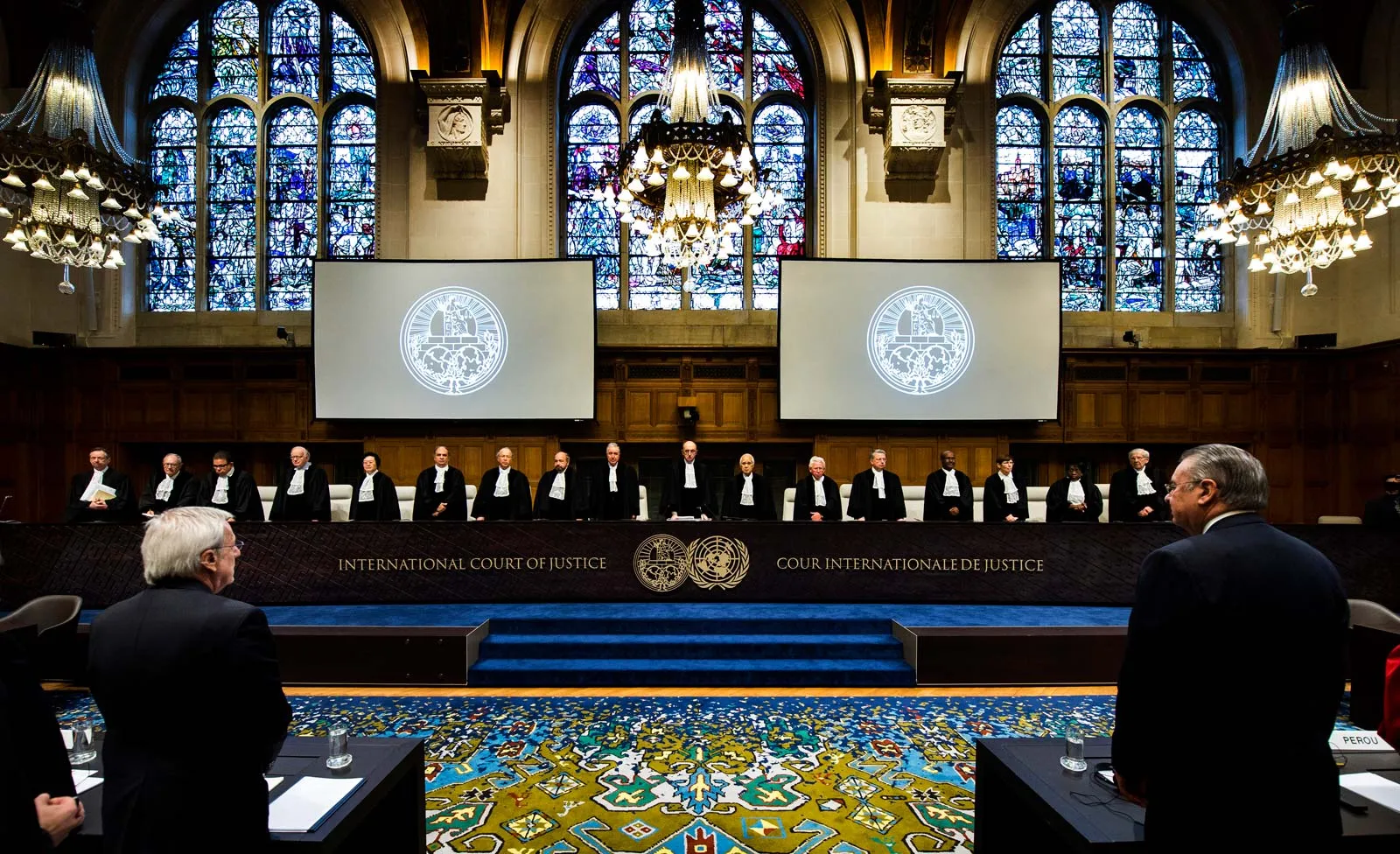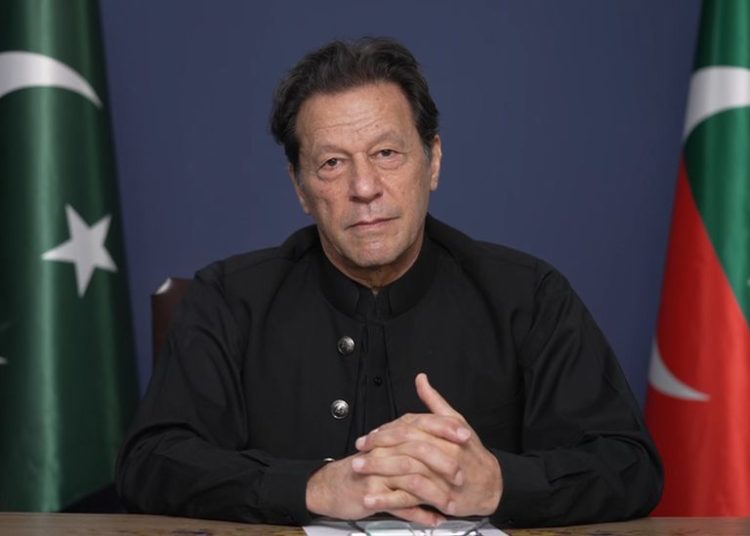In response to India’s unilateral suspension of the Indus Waters Treaty (IWT) following the April 2025 attack near Pahalgam in Indian-occupied Kashmir, Pakistan is weighing its legal options to protect its water rights. While Islamabad continues to engage diplomatically through the Permanent Indus Commission, the Attorney General for Pakistan, Mansoor Usman Awan, has confirmed that if bilateral talks fail, Pakistan will seek resolution through the Permanent Court of Arbitration (CoA).
Speaking to Business Recorder, the Attorney General said Pakistan is actively preparing its legal case and may approach the World Bank, the original broker of the IWT, to initiate proceedings for the formation of a Court of Arbitration.
“We are preparing to pursue every legal remedy available to stop India’s blatant violations of the Treaty, which remains in force under international law,” officials confirmed.
According to Article 9 of the Treaty, if the two parties—Pakistan and India—fail to resolve disputes through mutual mechanisms or bilateral commissions, the aggrieved party has the right to escalate the matter to an international forum. In this case, that authority lies with the CoA, which operates independently of any mutual agreement once a dispute is registered.
Sources indicated that if the World Bank hesitates to move forward due to political pressure, Pakistan’s legal position will remain solid, having exhausted all legal remedies. This step will also highlight India’s reluctance to follow legal and diplomatic channels.
The conflict primarily centers on India’s construction of hydroelectric projects on the Kishanganga and Ratle rivers, both of which Pakistan argues violate the terms of the Treaty governing water distribution from Western rivers. The CoA recently delivered a supplemental award in this dispute, which Pakistan accepted, but India outright rejected.
Pakistan continues to share hydrological data with India and has formally communicated discrepancies in Chenab River inflows through its Ministry of Foreign Affairs. No official response has been received from New Delhi.
In a controversial move, India issued a notice on January 25, 2023, announcing its intention to renegotiate the IWT within 90 days—just days before the scheduled hearing of the Court of Arbitration initiated by Pakistan. India boycotted the CoA proceedings entirely.
Nevertheless, Pakistan responded to India’s renegotiation request by expressing willingness to discuss concerns at the Permanent Commission of Indus Waters (PCIW). However, any amendments to the Treaty must be made jointly under Article XII, and until then, the existing agreement remains legally binding.
Officials stressed that if the CoA rules in Pakistan’s favor and India refuses to comply, it may constitute a serious breach—possibly even viewed as an act of aggression under international law.
In the event of such defiance, Pakistan could consider escalating the issue to the International Court of Justice (ICJ) or pursuing a resolution through the United Nations, where international bodies like the World Bank would be compelled to support legal proceedings.
As tensions rise over water rights and treaty obligations, Pakistan’s decision to adhere to the legal route reinforces its commitment to diplomacy, transparency, and the rule of law—contrasting with India’s increasingly unilateral approach.
















